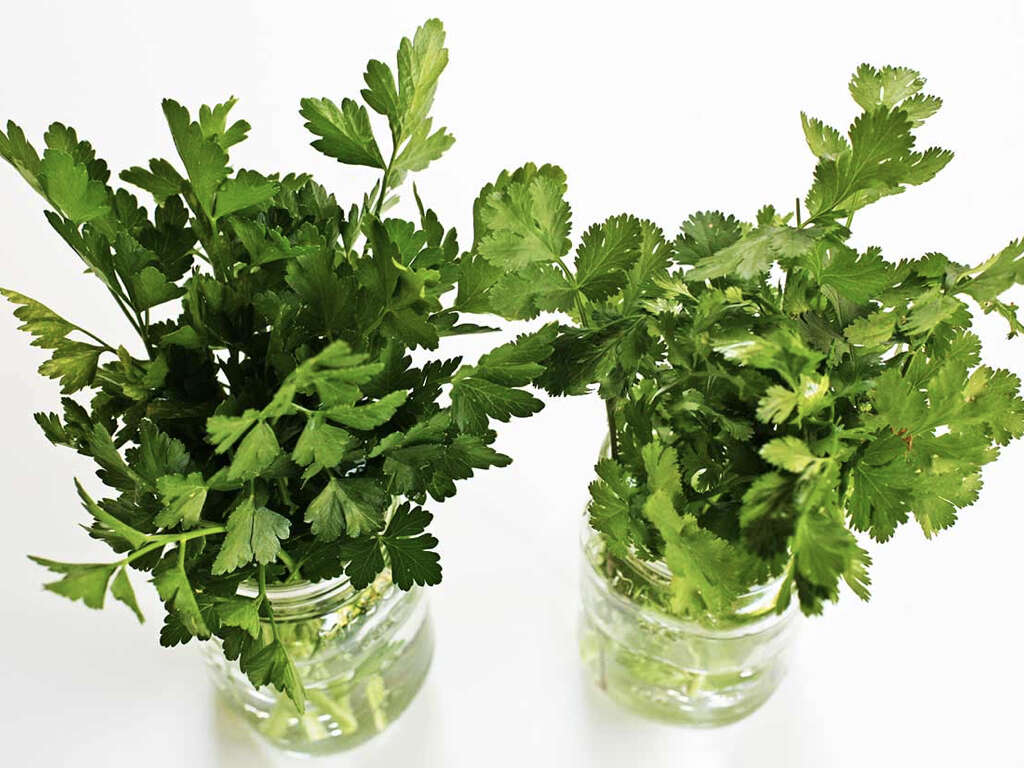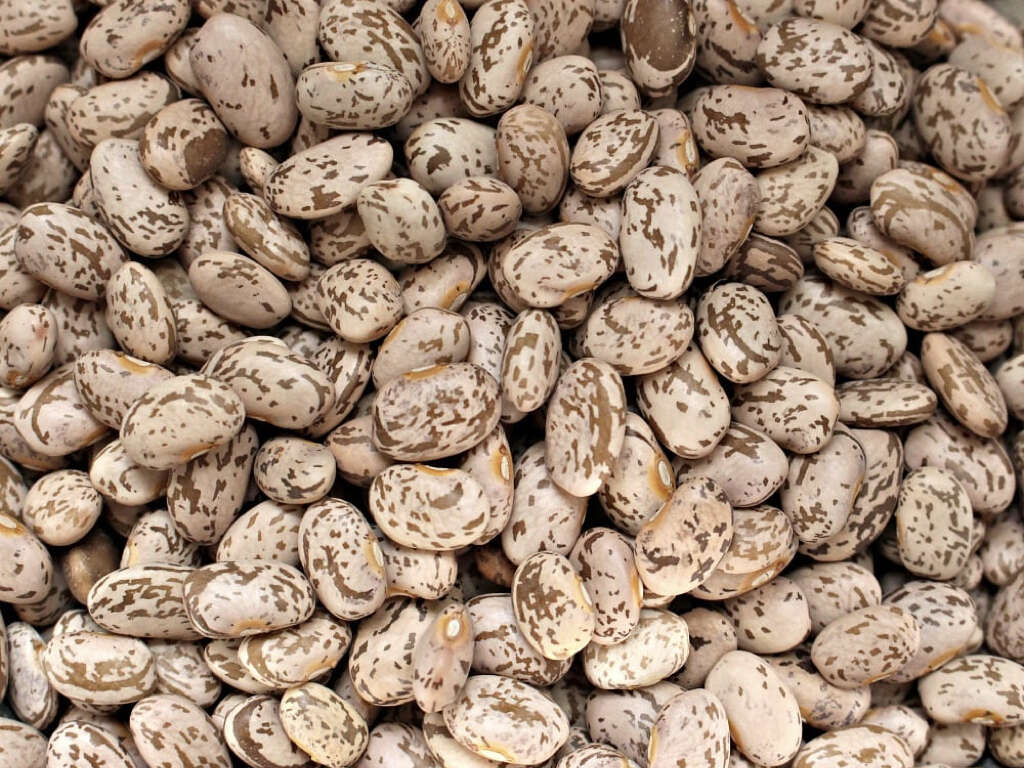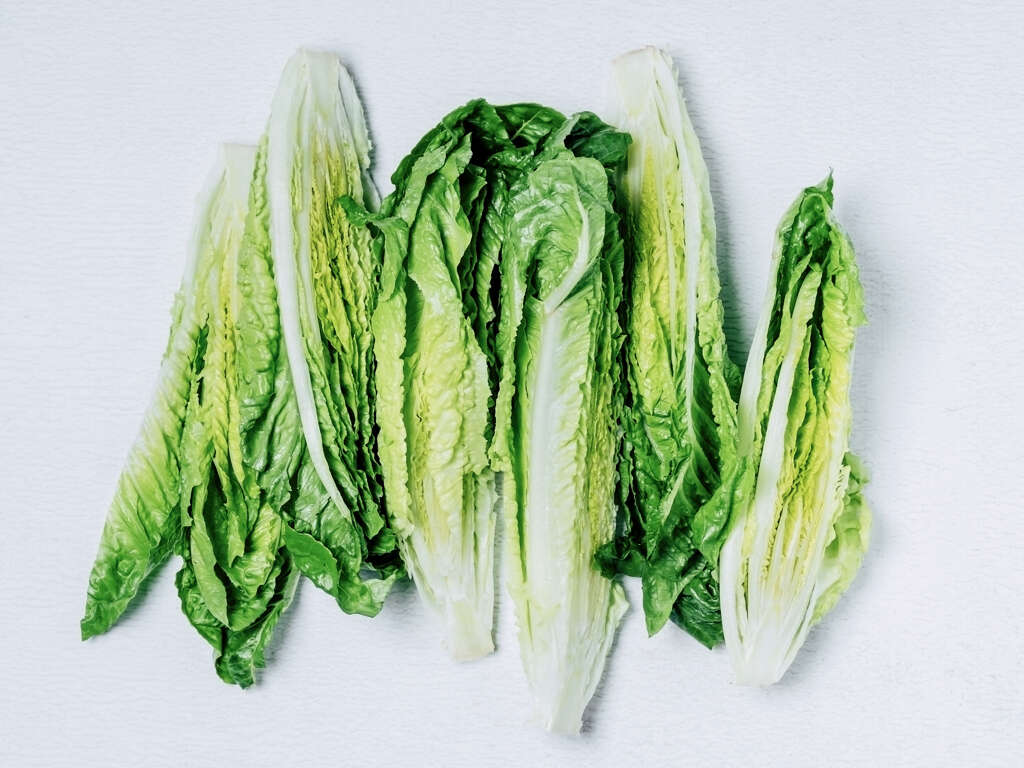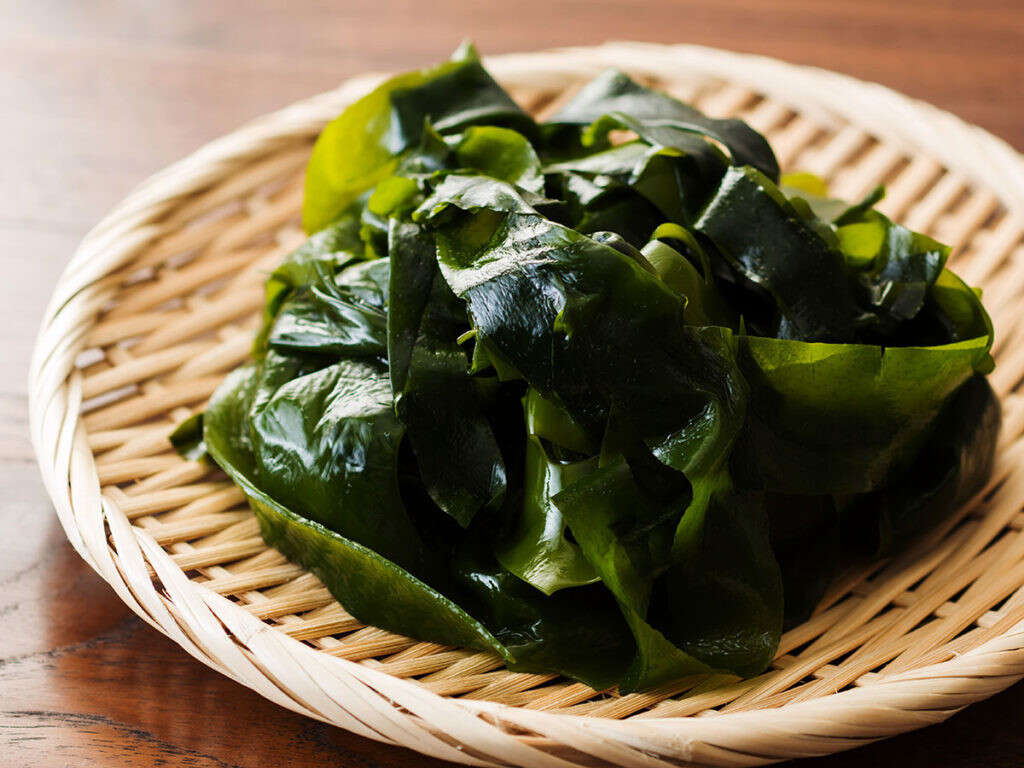10 Benefits Of Eating Kelp
Sea kelp is a category of seaweed that grows in abundance along rocky coastlines and salt water. Kelp, typically brown in color and of the seaweed family, is the largest in size. Due to its large size, the algae require nutrient-rich waters to grow.
This means the algae requires waters with movement to ensure a continuous supply of nutrients. This differs from some of the other seaweeds as they are capable to grow in almost any environment including freshwater environments.
Kelp has a high nutritional value that packs it with many health benefits. Sea kelp is a common ingredient in eastern dishes. The algae can be use in salads, soups, and can even be turned into a low carbohydrate noodle. Due to its health benefits, its popularity is rising in Western populations. Let’s go over some of its benefits.
Kelp Benefit #1: Decreased Methane Gas Emissions
From production of meat to milk, cows feed a large population of people. Despite our large reliance on cows, they are one of the largest producers of methane. Too much methane is not good for our environment. The greenhouse gas traps heat in the ozone layer contributing to global warming. It is also important to note, methane is 21 times more potent at trapping heat from the sun than carbon dioxide, making it a deadly contributor to climate issues.
This is where kelp comes into play. Cows produce methane through their farts. Research has tested numerous different cow feeds that would decrease gas produced from the cows. Current research has shown, with just adding 2% of kelp into the cow feed, methane emissions could reduce methane emissions by 99%. This is huge for farmers who are now being required to find ways to decrease methane production on their farms or face being shut down.
Kelp Benefit #2: Nutrient Dense
In the past, when food was scarce, kelp was used by societies for survival. Though very low calorie and low in fat, the algae is filled with nutrients. It is high in vitamin K, vitamin A, calcium, iron, and magnesium. Thus, if you are looking to pack on the benefits of vitamins but want to avoid the calories, kelp is a great way to do so.
The algae’s iodine content is especially impressive. In fact, it has one of the best natural sources of iodine, which helps manage metabolism, prostate disorders, autoimmune disorders, and diabetes. The body does not produce on its own, thus diet is the only way to get it.
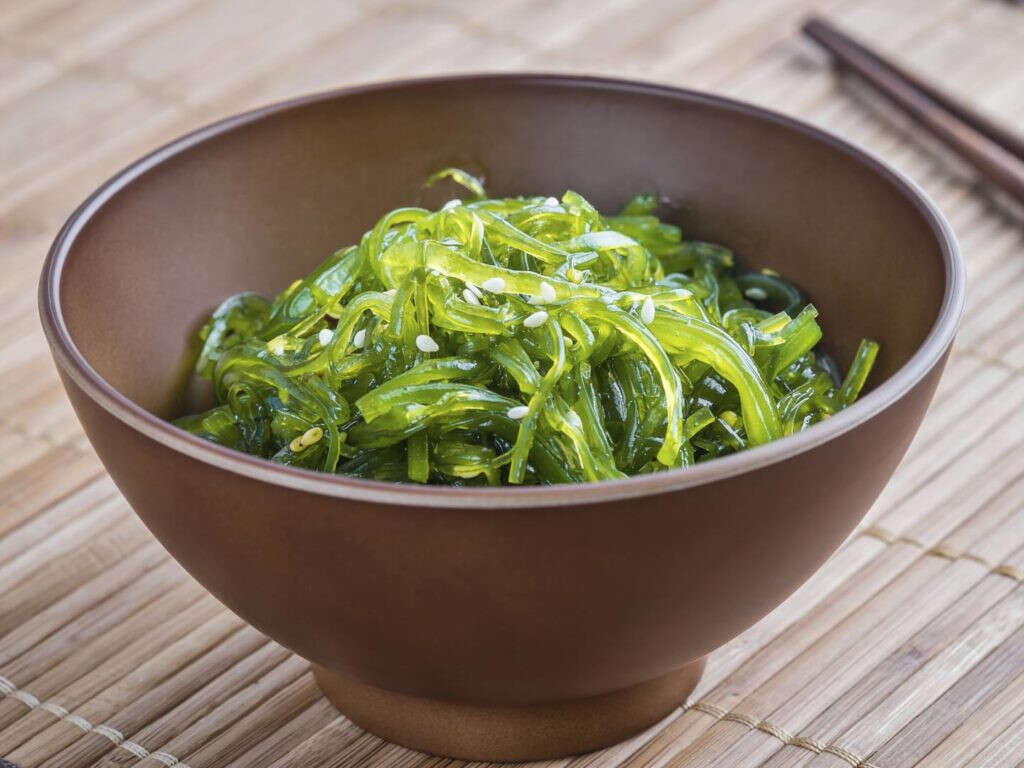
Kelp Benefit #3: Cancer Fighting
In addition to its high vitamin and mineral content. Kelp may contain protective effects against cancer. Research has shown a promising link between kelp and eradicating or slowing breast and colon cancer.
Men and women in both developing and developed countries fall victim to colon and breast cancers. These cancers are aggressive and require aggressive treatment. The progression of cancers leads to the body’s decreased ability to induce apoptosis. Apoptosis is the immediate death of cancer cells. Research has shown properties of kelp have been able to induce apoptosis, allowing for the slowing of these cancers.
Kelp Benefit #4: Easy to Grow
Kelp is filled with flavor and can be easily added to numerous dishes. The algae is filled with umami. Umami is a naturally occurring flavour enhancer that gives kelp its flavour.
Kelp, especially when dried, can be eaten with sushi, soups, broths, stews, or rice bowls. In addition, the great thing about kelp is that it does not require too much attention to be produced. It does not require fertilizer, soil, or sunlight. Currently, Southeast Asia is responsible for 99% of seaweed production, however, California is beginning to contribute more to this.

Kelp Benefit #5: Rich in Iron
As mentioned above, kelp is rich in vitamins and minerals such as iodine, vitamin A, vitamin K, calcium, and magnesium. In addition to this, the algae is a good source of iron.
Iron is essential in ensuring proper blood and oxygen flow and in preventing anemia. Just one tablespoon of dried kelp provides a notable amount of iron. Also, because the algae have a notable amount of calcium as well, this will help increase the bioavailability of the iron. This is because vitamin C increases iron absorption. Thus, coupled together, the duo is a power couple.
Kelp Benefit #6: Reduced Acidification
Seaweed absorbs the minerals from their water supply. This absorption of minerals is then transferred to those who consume the algae. There has been some worry that the algae may also absorb toxic substances from the water source that will then be transferred to the consumer.
Research has denied this claim and state the algae is safe to eat. In fact, research shows the algae is very good at filtering out toxic elements such as nitrogen and phosphorous. This capability means it is not only safe for the user, but it also means the algae is capable of absorbing and cleansing our oceans from over toxicity of nitrogen and phosphorous.

Kelp Benefit #7: Improves Gut Health
There has been an increased attention by researchers to study the bacteria that inhibit our gut. Numerous studies have shown that an imbalance of good and bad bacteria in the gut can lead to digestive problems, increased risk for obesity, diabetes, and even depression. With our guts containing millions of bacteria cells, it is important to ensure they have a good amount of good bacteria.
Kelp is an excellent source of fiber, which is great because it is a prebiotic. A prebiotic is a source of fuel for the healthy bacteria in our gut. Kelp also contains sulfated polysaccharides, which have been shown to promote the growth of good bacteria in the gut.
Kelp Benefit #8: Weight Management
Kelp has been linked to blocking the absorption of fat. Research has found that alginate, a compound in algae, can help block fat absorption by 75%. This is very beneficial for individuals who are trying to decrease their caloric intake. In addition, new research considers adding the alginate into numerous foods such as yogurt and bread, so people can reap the benefits of the kelp’s effect against fat.
To continue, kelp may also have positive effects on individuals who suffer from obesity. One study found the algae combined with pomegranate oil promoted weight loss in obese individuals. It is believed to promote weight loss by slowing stomach emptying. Foods that promote slow emptying make you feel full longer.

Kelp Benefit #9: May Reduce Risk of Heart Disease
One of the leading causes of death is heart disease. One of the contributing factors to heart disease is high blood cholesterol levels. High blood cholesterol levels can cause a build-up of plaque causing the hardening of arterial walls. This can lead to high blood pressure, heart attack, or even a stroke.
In one study, researchers found that seaweed had an impact on decreasing blood cholesterol levels. In this study, rats were given a high fat diet. Alongside this high fat diet, they were supplemented with seaweed. This occurred for 8 weeks. At the end of the trial, the rats had significantly lower cholesterol and triglyceride levels, both of which have been connected to heart health.
Kelp Benefit #10: Increased Lifespan
Kelp is very popular in Japan. As the country, which is also an Island, is surrounded by water, it has access to numerous sources of seaweed. In addition, it is important to note the Japanese people have some of the lowest rates of cancer, heart disease, diabetes, and in effect, also have a very high life expectancy.
Many studies have examined this phenomenon. One of the significant standouts of their dietary habits, is their consumption of kelp seaweed. Numerous studies believe kelp contains various compounds that increase longevity.





